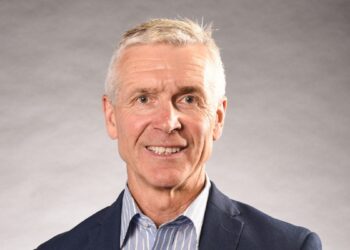Last week, Andrew Fraser, former Queensland treasurer, put forward an alternative plan to tax high super balances, placing a cap on nest-egg balances at about $5 million.
In an op-ed for The Australian, Fraser defended superannuation concessional tax reform, noting that the 2020 Callaghan review into retirement income warned “many very large superannuation balances were built up under previous higher contributions caps and are expected to stay in the system for several decades”.
In the review, it was said there were more than 11,000 people with super balances exceeding $5 million in mid-2018 who were receiving tax concessions on their earnings of about $70,000.
“That’s a weekly tax concession of around $1,346 when the national minimum wage is $948 per week – before tax is paid,” Fraser wrote. “Does anyone need $100 million to fund their retirement? What about $5 million? The ASFA standard suggests $595,000 is needed for a ‘comfortable’ retirement.
“Wealth held in superannuation accounts above a generous cap (like $5 million) can be concessionally transferred into other tax-preferred investment vehicles, like family trusts, just like it was before super was introduced. Not a lot of young people are going to argue with this proposition, and nor should they.”
On the weekend, Chalmers said Fraser’s idea is one “that’s been put to us from time to time, particularly in the course of the last couple of years”.
“I suspect Andrew will raise that at the Economic Reform Roundtable and he’s welcome to raise that. We’ve got a way to make these superannuation tax concessions more sustainable, we announced that more than two years ago,” Chalmers said on Sky News.
“That has been bouncing around in the Parliament, but that’s the best way, we think, to go about solving this challenge, to make the concessions in super still concessional, but to make them more sustainable at the same time. So, we’ve already got our own proposal there.
“Andrew and others are welcome to raise alternatives, whether it’s before the roundtable or during the roundtable. There are a range of views about it. I acknowledge that, and I’ve acknowledged that before. But the government’s got a way to go about that. It’s based on Treasury advice; it’s based on the Treasury model and that’s the model that we are intending to proceed with.”
Peter Burgess, chief executive of the SMSF Association, said given the roundtable’s focus on economic growth and making the economy more productive, calling out taxes that do the opposite would be a good start.
“There is overwhelming evidence that taxing unrealised capital gains will have significant adverse implications for productivity growth and Australia’s economic prosperity,” he said.
“In the case of Division 296, the knock-on impact extends well beyond the reported number of affected superannuation members. Our hope is these egregious elements of tax design, which have emerged in recent times, will be called out and ruled out.”
With parliament due to sit again next week, the government has yet to meet with the Greens regarding the proposed legislation.


